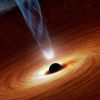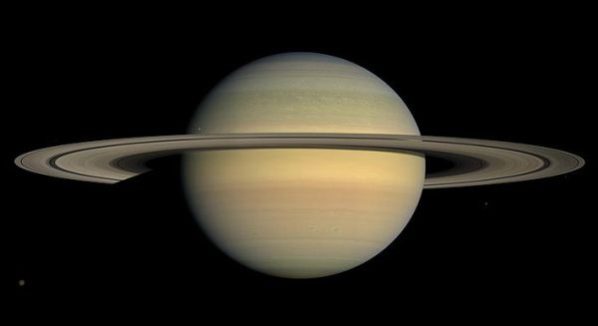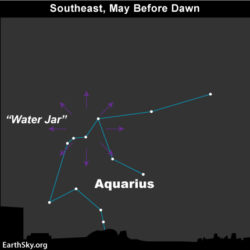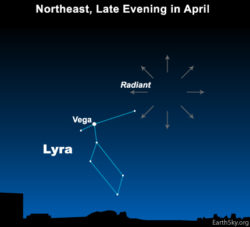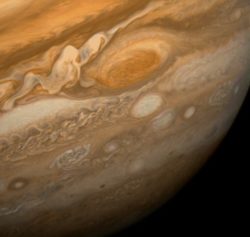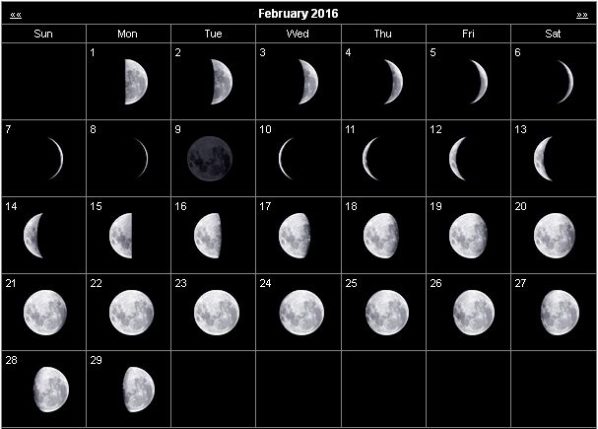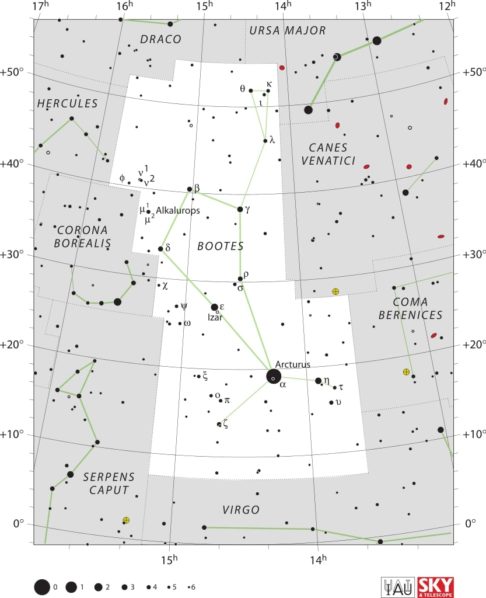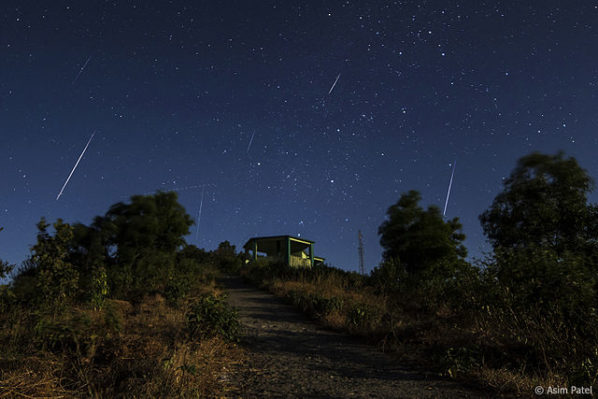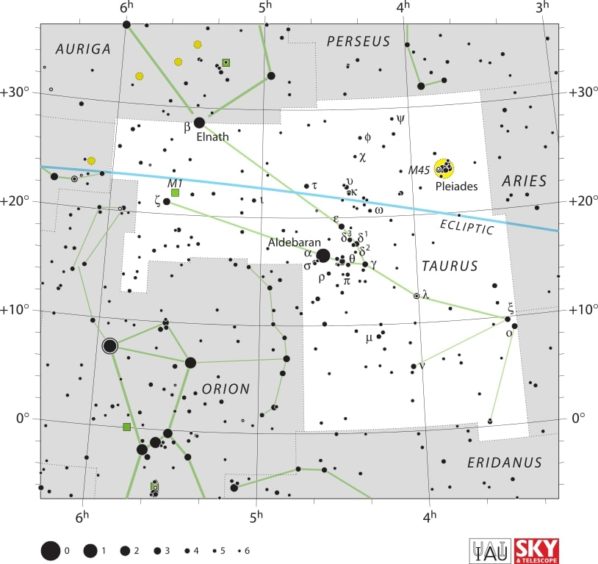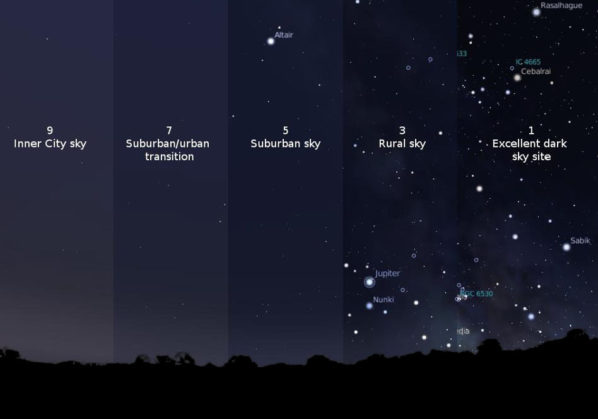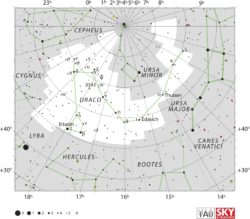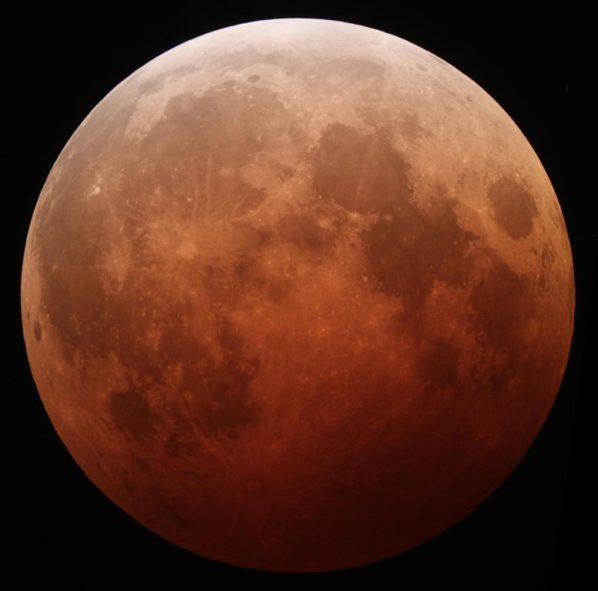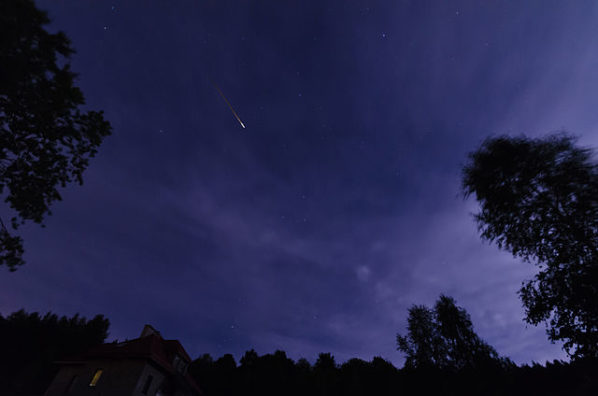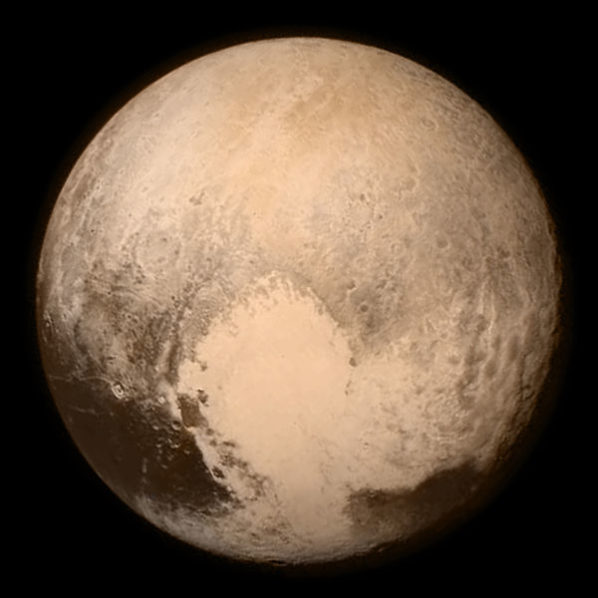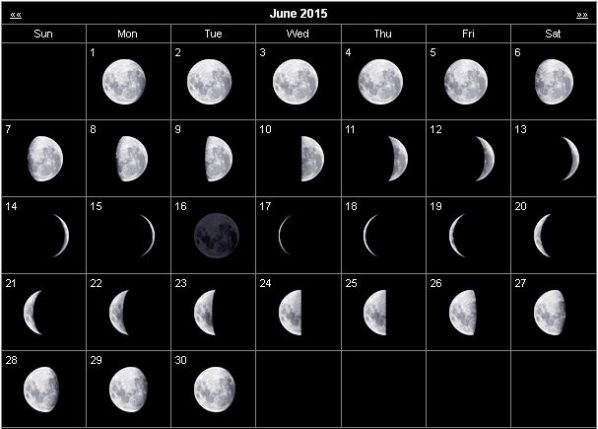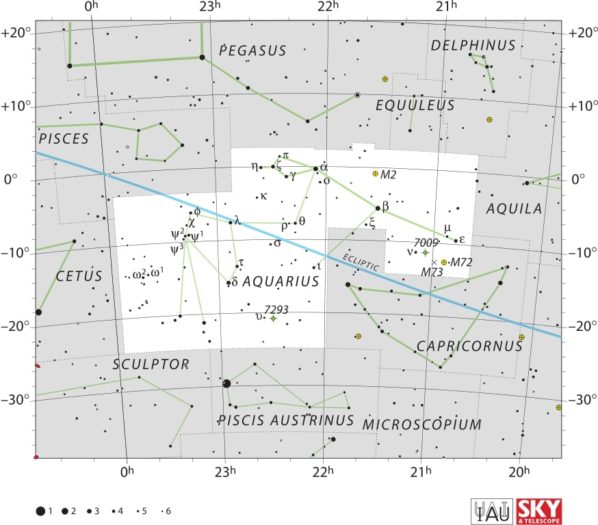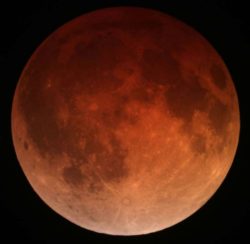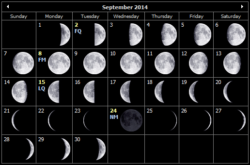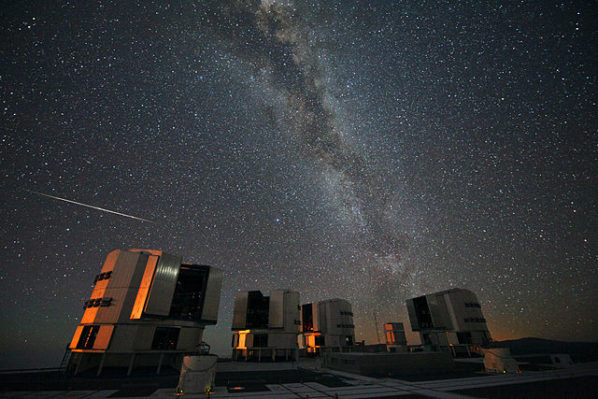Astronomy
Embark on an astronomical journey. Explore the cosmos, study celestial objects, and unravel the mysteries of the universe through astronomy's fascinating realm.
Intermediate Black Hole Could Explain Black Hole Evolution
Black holes are one of the most terrifying things in the universe. It shows the real power of gravity, which is usually a relatively weak force when it grows large enough. Eventually, it becomes sufficient to control entire galaxies. But we don’t know as much about black holes as we might like. We understand them mostly from a mathematical perspective, although we have been able to observe their behavior by watching the things around them. Black holes are a well-known and now proven phenomenon, but intermediate black holes are a whole different ball game, mostly because they’re still hypothetical. They start out as stellar black holes. These are the smallest…
Space Technology Will Protect the Vatican’s Treasures
New space technology isn't just for traveling into the cosmos — these innovations have applications on earth, as well. Medicine, transportation, public safety, computers and agriculture are some of the industries that have made progress by applying space technology. Also on that list: The Catholic Church. The Vatican has partnered with the European Space Agency (ESA) to preserve religious and cultural manuscripts, documents and books.
Monthly Stargazing Calendar for June 2016
On June 3 Saturn will be at opposition, which means it will be at its closest approach to Earth and its face will be fully illuminated by the Sun. This is the best time to view and photograph Saturn and its moons because it will be brighter than any other time of the year and will be visible all night long.
Monthly Stargazing Calendar for May 2016
Early this month on the night of May 5 and 6 the Eta Aquarids meteor shower will peak. It is an above average shower, capable of producing up to 60 meteors per hour at its peak, however most of the activity will be seen in the Southern Hemisphere. In the Northern Hemisphere, the rate can reach only about 30 meteors per hour.
Monthly Stargazing Calendar for April 2016
On the night of April 22 and 23 the Lyrids meteor shower will peak. It is an average shower, usually producing about 20 meteors per hour at its peak, although some meteors may be seen any time from April 16 to 25. It originates from dust particles left behind by comet C/1861 G1 Thatcher, which was discovered in 1861.
Monthly Stargazing Calendar for March 2016
March 2016 brings exciting astronomical events: Jupiter at opposition, total solar eclipse, March equinox, and penumbral lunar eclipse. Explore more!
Monthly Stargazing Calendar for February 2016
On February 7 Mercury will be at greatest western elongation of 25.6 degrees from the Sun. This makes it the best time to view Mercury since it will be at its highest point above the horizon in the morning sky. Look for the planet low in the eastern sky just before sunrise.
Monthly Stargazing Calendar for January 2016
On the night of January 3 and 4 the Quadrantids meteor shower will peak. It is an above average shower, with up to 40 meteors per hour at peak, although some meteors can be visible between January 1 and 5. The meteors originate from dust grains left behind by an extinct comet known as 2003 EH1, which was discovered in 2003.
Monthly Stargazing Calendar for December 2015
On the night of December 13 and 14 the Geminids meteor shower will peak. It is considered by many to be the best shower in the heavens, producing up to 120 multicolored meteors per hour at its peak. This is why it is known as the king of meteor showers. Some meteors can also be seen anytime from December 7 to 17.
Monthly Stargazing Calendar for November 2015
On the night of November 5 and 6 we will witness the peak of the Taurids meteor shower. It is a long-running minor meteor shower producing only about 5-10 meteors per hour at peak, while some meteors can also be seen from September 7 to December 10. However it is unusual in that it consists of two separate streams. The first is produced by dust grains left behind by Asteroid 2004 TG10. The second one is produced by debris left behind by Comet 2P Encke.
Light Pollution – What Is It and Why It’s Bad
Light pollution stems from artificial lighting sources, impacting astronomy, ecosystems, and wildlife; mitigating strategies involve redesigning light sources.
Monthly Stargazing Calendar for October 2015
On October 8 we will witness the Draconids meteor shower. It is a minor meteor shower producing only about 10 meteors per hour originating from dust grains left behind by comet 21P Giacobini-Zinner, which was first discovered in 1900. The Draconids is an unusual shower in that the best viewing is in the early evening instead of early morning like most other showers.
Monthly Stargazing Calendar for September 2015
On September 13 there will be a partial solar eclipse. This type of eclipse occurs when the Moon covers only a part of the Sun, sometimes resembling a bite taken out of a cookie. For safety reasons, an eclipse should only be observed with a special solar filter or by looking at the Sun's reflection.
Monthly Stargazing Calendar for August 2015
This month on the night of August 12 and 13 we will witness the Perseids meteor shower, which is one of the best meteor showers to observe, producing up to 60 meteors per hour at its peak. Some meteors can also be seen from July 17 to August 24. It originates from debris produced by comet Swift-Tuttle, which was discovered in 1862.
Monthly Stargazing Calendar for July 2015
On July 14 NASA's New Horizons spacecraft is scheduled to arrive at Pluto after a nine and a half year journey. It was launched on January 19, 2006 and will be the first spacecraft to visit Pluto. New Horizons will give us our first close-up views of the dwarf planet and its moons.
Monthly Stargazing Calendar for June 2015
On June 6 the planet Venus will be at greatest eastern elongation. Venus will reach greatest eastern elongation of 45.4 degrees from the Sun. This is the best time to view Venus because it will be at its highest point above the horizon in the evening sky. Look for the bright planet in the western sky after sunset.
Monthly Stargazing Calendar for May 2015
Early this month, on the night of May 5th and 6th we will witness the peak of the Eta Aquarids meteor shower. It is an above average shower, capable of producing up to 60 meteors per hour at its peak. However most of the meteors can be seen in the Southern Hemisphere. For the rest of us in the Northern Hemisphere, the rate can reach about 30 meteors per hour.
Monthly Stargazing Calendar for October 2014
On October 8 we will witness a total lunar eclipse. Such an eclipse occurs when the Moon passes completely through the Earth's dark shadow, or umbra. The Moon will gradually get darker and then take on a rusty or blood red color. The eclipse will be visible throughout most of North America, South America, eastern Asia, and Australia.
Monthly Stargazing Calendar for September 2014
This month will be rather uneventful when it comes to astronomical events except for the September equinox on the 23rd at 02:29 UTC. The Sun will shine directly on the equator and there will be nearly equal amounts of day and night throughout the world.
Monthly Stargazing Calendar for August 2014
Tonight on August 12 and on the morning of August 13 the Perseids meteor shower will peak. It is one of the best meteor showers to observe, producing up to 60 meteors per hour at its peak. Some meteors can also be seen from from July 17 to August 24.

